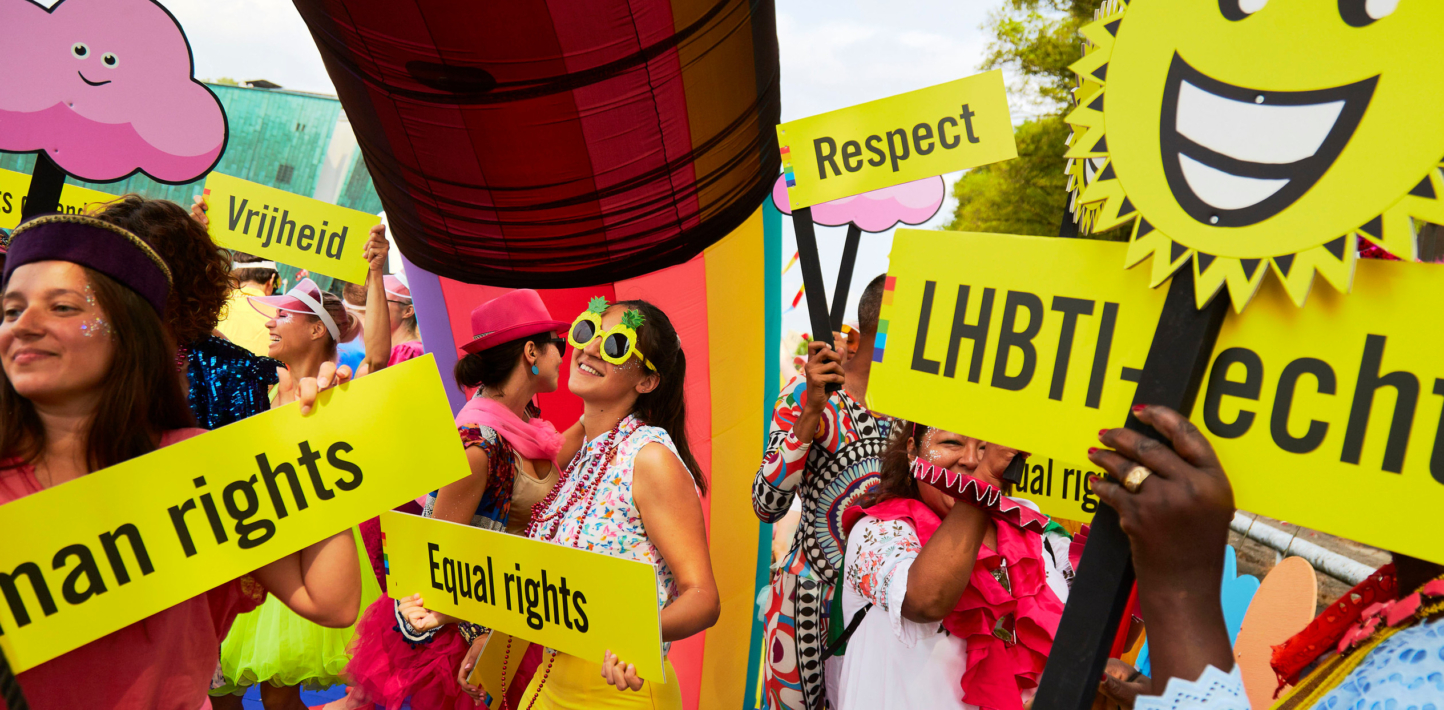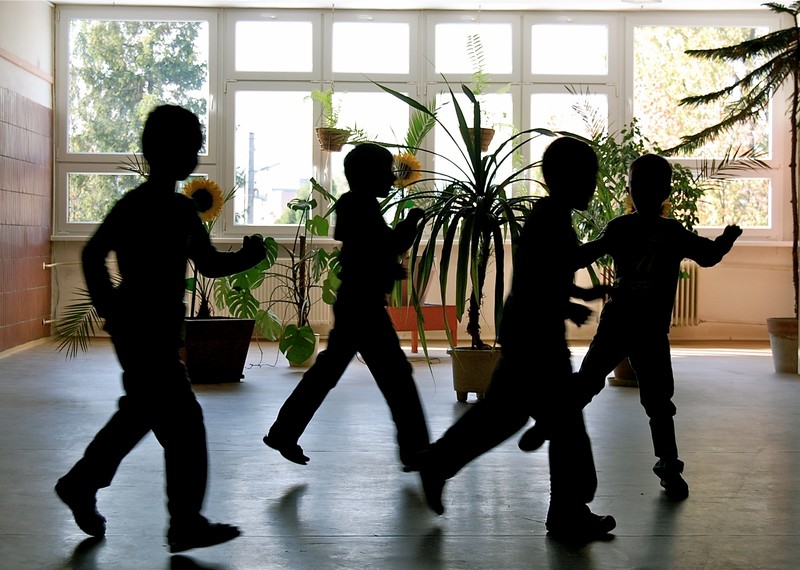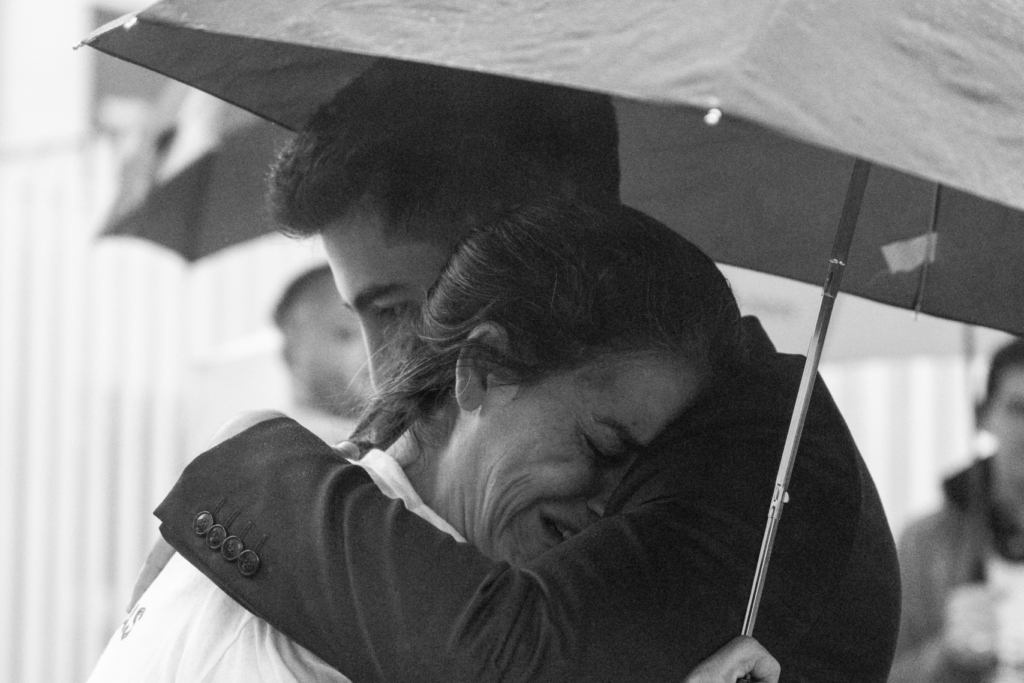Saving lives, changing laws and protecting human rights – Amnesty International and its supporters have been busy racking up the wins this year…
Changing legislation
USA
Amnesty International USA has been working hard to end gun violence across the country. In Illinois and Michigan, Amnesty joined advocates to help pass several gun safety laws. Thanks to Amnesty’s advocacy and campaigning work, Illinois is now the ninth state to ban assault weapons, and Michigan has established universal background checks for all firearm purchases.
Australia
Following a campaign by activists and organizations including Amnesty, the Australian Capital Territory tabled legislation to raise the age of criminal responsibility from 10 to 12 years old, and eventually raise the age to 14 in July 2025. However, children accused of ‘series offences’ will continue to be subject to police investigation including strip-searches, being dragged through courts, and locked in prisons.
EU
On 26 May states adopted a major treaty, The Ljubljana-The Hague Convention on international cooperation in the investigation and prosecution of the crime of genocide, crimes against humanity, war crimes and other international crimes. Two legal advisers from Amnesty were present during the diplomatic conference raising concerns and making recommendations.
This was a major win for human rights and Amnesty International, which has been contributing to this treaty since its inception 10 years ago. The treaty includes several of Amnesty’s calls, such as expanding states’ jurisdiction over genocide, crimes against humanity and war crimes; including torture and enforced disappearance as crimes covered by the treaty; the non-applicability of statute of limitations; a section on victims’ rights, including a definition of victims; the refusal of mutual legal assistance or extradition when there are substantial grounds for believing that a request has been made for the purpose of prosecuting or punishing a person on the basis of sexual orientation; and a broad and innovative provision on non-refoulement.
Climate change
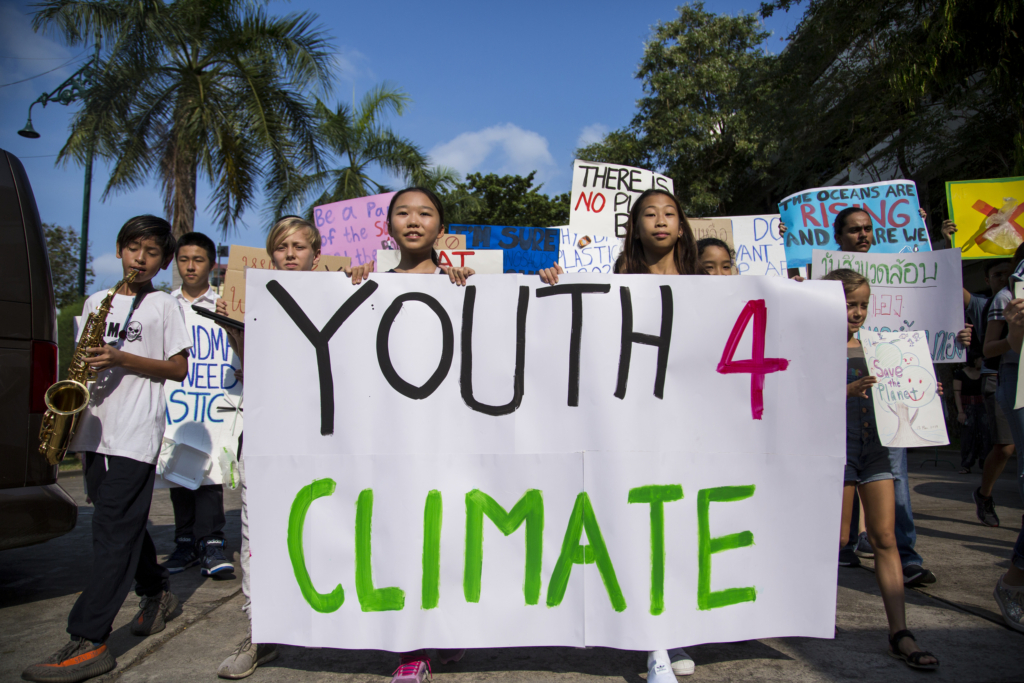
Australia
After tireless advocacy by students from the Pacific supported by thousands of Amnesty activists, Australia became one of 132 countries to co-sponsor Vanuatu’s initiative to take climate change to the International Court of Justice. Other Amnesty sections and other civil society organizations also worked tirelessly to secure governmental commitment to this crucial initiative. This is landmark moment in the fight for climate justice as it means the court will give a legal opinion on the obligations of governments to protect the human rights of present and future generations against the effects of climate change.
Death penalty
Malaysia
In a positive move, The Abolition of Mandatory Death Penalty Act 2023 and the Revision of Sentence of Death and Imprisonment for Natural Life (Temporary Jurisdiction of The Federal Court) Act 2023, were officially published in Malaysia’s Federal Gazette on 16 June, with the former coming into effect on 4 July
Once the Minister of Law announces a date for the law on re-sentencing to come into effect, people sentenced to death can apply for a review of their mandatory death sentence . In addition to repealing the mandatory death penalty and introducing sentencing discretion for all applicable offences, the death penalty has been abolished in full for seven offences. Amnesty International has been calling for an end to the death penalty globally for over 45 years and these new bills are a significant step towards total abolition for Malaysia.
LGBTI rights
Iran
Iranian activist Zahra Sedighi-Hamadani was sentenced to death in 2022 for supporting LGBTI rights. Amnesty supporters called on Iranian authorities to release her, and she was finally freed after serving more than a year behind bars.

Taiwan
In a major step forward for LGTBI rights, Taiwan announced moves to allow same-sex marriages between Taiwanese people and foreign nationals whose countries of origin are yet to permit same-sex marriage. In another key move, the Taiwan government has permitted joint adoption for married same-sex couples. Amnesty International Taiwan has been working closely with local groups to campaign and secure wider LGBTI rights.
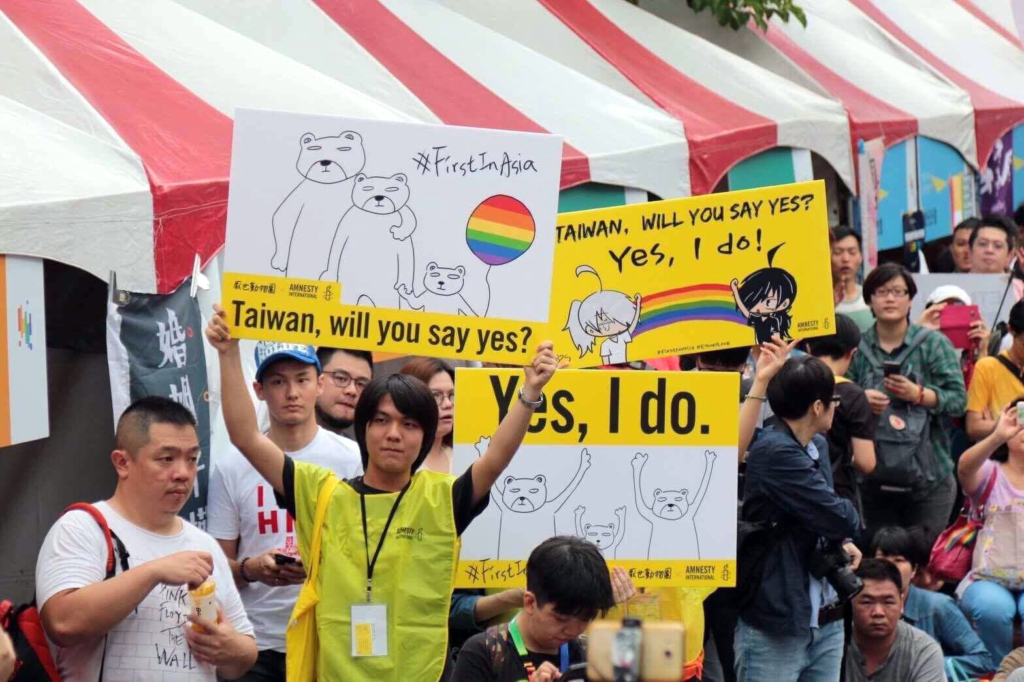
Australia
Queensland passed new laws in June that remove barriers to updating birth certificates. The newly passed laws mean transgender, non-binary and gender diverse people will no longer be forced to undergo invasive “sex reassignment surgery” before being able to correct their gender identity documents. This is incredible news for Amnesty Australia’s Queensland LGBTQIA+ network who are working closely in partnership with other local organizations in the fight for LGBTI rights.
South Korea
So Seong-wook and his partner Kim Yong-min held a wedding ceremony in 2019 and live together as a married couple. However, their relationship is not recognized under South Korean law, and they’ve been unable to enjoy the same rights as heterosexual couples, including access to healthcare.
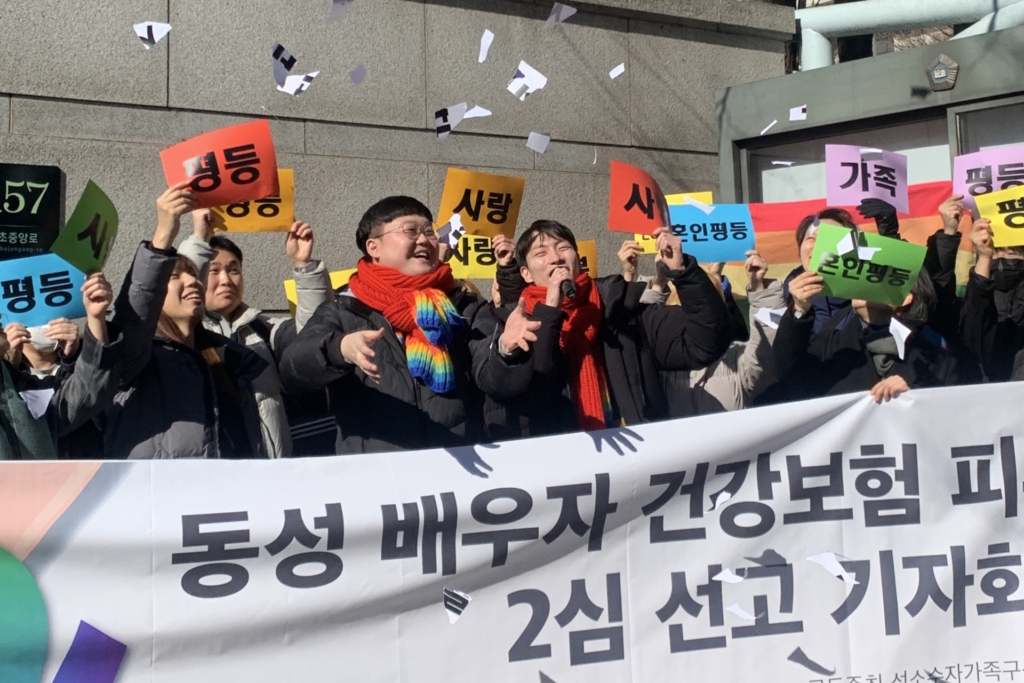
After launching a campaign with the support of Amnesty, So and his partner Kim became the first same-sex couple to be able to register a “dependent” under the National Health Insurance Service (NHIS), only for it to be cancelled eight months later. In February, South Korea’ High Court ordered the NHIS to resume healthcare access for a partner in a same-sex relationship – the first step towards recognising the rights of a couple in a same-sex relationship.
Technology
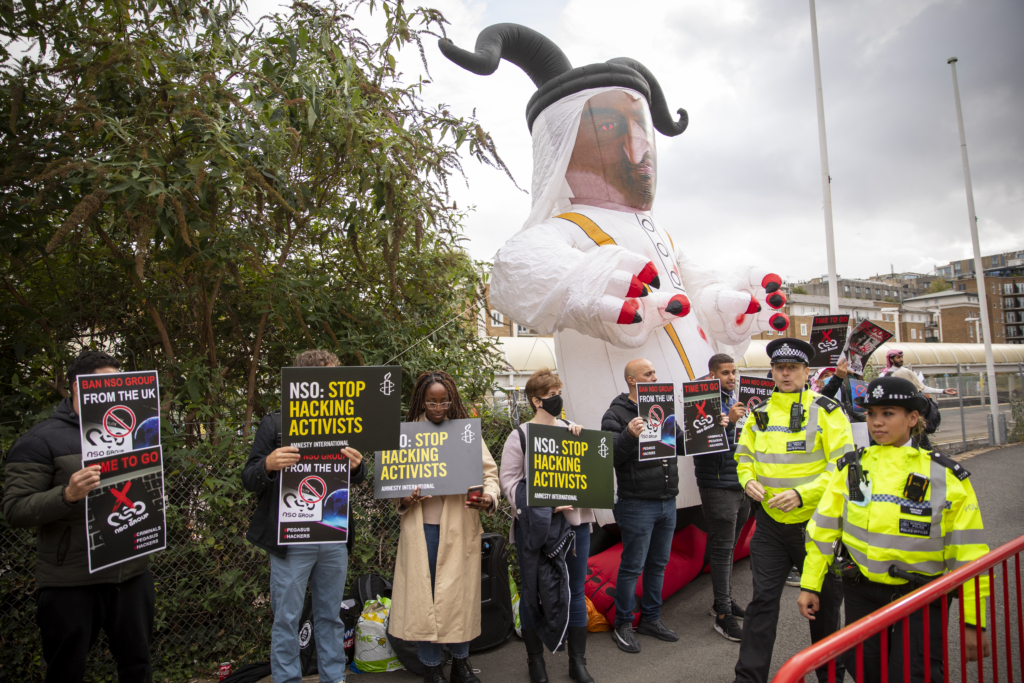
Global
In March, Amnesty International’s Security Lab exposed a sophisticated hacking campaign by a mercenary spyware company targeting Google’s Android operating system as well as iPhones. The findings were shared with Google’s Threat Analysis Group, which focuses on countering government-backed cyber-attacks, and Apple. Google along with other affected vendors, including Samsung, were able to release security updates protecting billions of Android, Chrome and Linux users from the exploit techniques used in this attack, while Apple also followed up with a security patch.
South Korea
After nine years of court proceedings, South Korea’s Supreme Court ruled that Google must disclose whether it provided personal information such as the email addresses of Korean human rights activists, including Amnesty International Korea, to US intelligence agencies. The ruling holds multinational corporations like Google accountable for the privacy rights of its users.
USA
The spyware crisis is causing major implications for the future of human rights, and Amnesty International has been calling for an immediate global ban on invasive spyware. March saw a significant win for the human rights movement, as US President Biden signed an Executive Order restricting the U.S. government’s use of commercial spyware technology. Three days later 11 governments issued a statement committing to joint action to counter the proliferation and misuse of commercial spyware.
Finding freedom
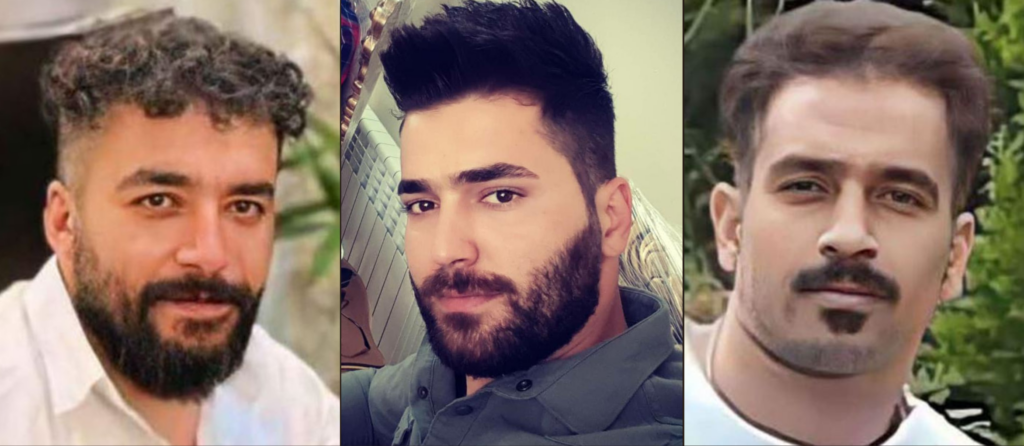
USA
Majid Khan, Ahmed Rahim Rabbani, Abdul Rahim Rabbani, Ghassan al-Sharbi and Said Bakush were released from the Guantanamo Bay detention center between February and April, after enduring years of arbitrary detention.
Former detainee Mansoor Adayfi, released to Serbia in 2016, was able to take his first trip abroad in 21 years to speak on a panel in Norway in June after Amnesty International helped him secure a passport from the Yemeni government.
“I would like to thank Amnesty International for all the work they have done on behalf of former Guantanamo detainees and on behalf of humanity, because Amnesty International is one of the most important fronts that is fighting against torture, fighting against oppression, against injustice around the world,” said Mansoor. “The first time I heard about Amnesty International was in Guantanamo, the lawyers brought us reports and letters. When you know that there is someone there for you, fighting for you, calling for your release, it helps you to feel like you are human. It gives you hope.”
When you know that there is someone there for you, fighting for you, calling for your release, it helps you to feel like you are human. It gives you hope.
Mansoor Adayfi, former Guantanamo detainee
Iran
Following a grossly unfair trial, protesters Arshia Takdastan, Mehdi Mohammadifard and Javad Rouhi were sentenced to death, because they dared speak out about 22-year-old Mahsa Amini who died in custody. Amnesty International moved quickly, issuing an urgent action calling for the death sentence to be overturned. In May 2023, the Supreme Court quashed their convictions and overturned their death sentences. Later that month, Arshia’s lawyer posted publicly on Twitter that he had been released from prison on bail.
Austria
Kamran Ghaderi and Massud Mossaheb, two Austrian-Iranian citizens arbitrarily detained in Evin prison, were unconditionally released on 2 June, and finally able to return home to their families in Vienna. They had both been convicted after unfair trials based on forced “confessions” obtained by torture and other ill-treatment.
“Not only did you help to make public the injustice that was done to me; you also gave me courage by letting me know how many compassionate and good people there are in this world,” said Massud. “Please continue to stand up for others!”
Angola
Tanaice Neutro, an Angolan activist who uses his music to protest, was arrested in January 2022. After he had been unjustly imprisoned for one year, Amnesty rallied support, raised awareness and started campaigning on his behalf. Our supporters’ efforts were rewarded with his release in June.
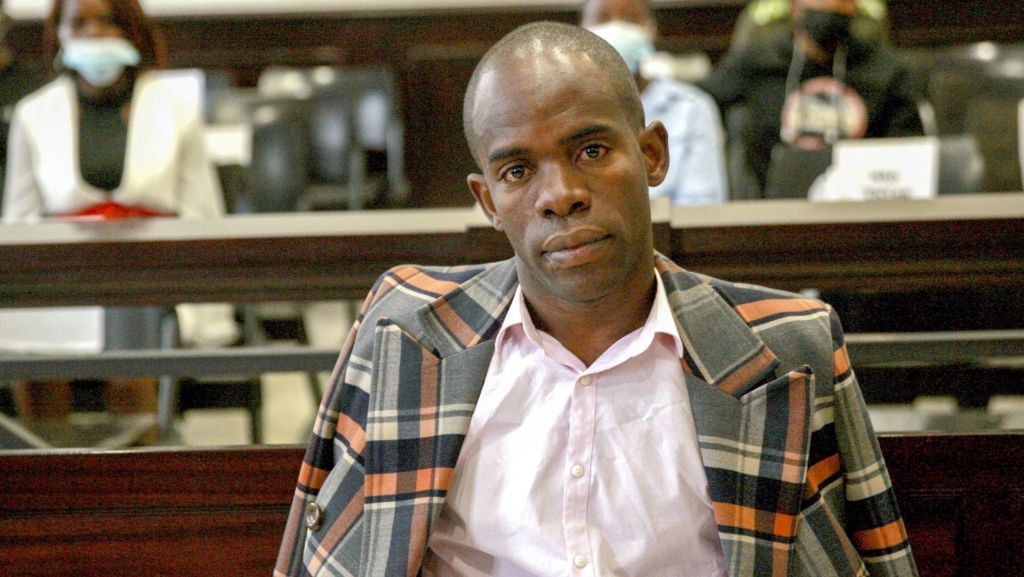
“What impresses me most is knowing that to be supportive and show solidarity, you don’t need to know the person, their story is enough,” said Teresa, Tanaice’s wife. “You didn’t know my husband in person and yet you are supporting him.”
Tanaice said: “I still can’t believe that the world’s largest human rights organization decided to take up my case. I am grateful for all the support Amnesty has given me and my family.”
Venezuela
Carlos Debiais, a Venezuelan photographer unfairly detained since 12 November 2021, was finally released from prison on 6 June 2023, following a campaign from Amnesty International and its supporters. Venezuela’s prison authorities had refused to comply with a release warrant issued in April 2022, extending his arbitrarily detention by an additional 14 months. Although he has been released, he must still report to the court every 60 days.
“Thank you on behalf of myself and my family for the incredible work you did making my case known … Fortunately, I am now free.
Carlos Debiais, Venezuelan photographer
“Thank you on behalf of myself and my family for the incredible work you did making my case known and for helping me in the complicated situation I was put in. Fortunately, I am now free,” said Carlos. “Thank you to the entire Amnesty family.”
Bangladesh
Bangladeshi journalist Shamsuzzaman Shams was arrested in the early hours of 29 March after publishing a story about the impact of the cost-of-living crisis. His whereabouts were unknown for over 10 hours, after which the police confirmed he was in custody and had been charged under the draconian Digital Security Act.
Amnesty International rallied support, issuing an urgent action demanding his release. On 3 April, Shams was granted bail and released from prison – a ground-breaking move, as most prisoners are subject to a lengthy pre-trial detention. Amnesty International has been campaigning against the Digital Security Act, publishing research about the way it has been weaponized by the authorities. The organization will continue to campaign for the charges against Shams to be dropped.
Pakistan
Following an unlawful raid on her house, Mahal Baloch from Pakistan was detained together with her young children and other family members in February. After her family was released, Mahal remained held without charge until her release on bail in May. The policed alleged Mahal was part of an armed separatist group, who had previously carried out suicide bombings, and that she had provided a confession. During her detention Mahal was the target of a smear campaign and forced by the authorities to appear in TV interviews.

Amnesty International moved quickly, issuing an urgent action for Mahal. She was granted bail three months after her arrest.
Côte d’Ivoire
Twenty-six people peacefully showing their support for the former president’s political party, were sentenced in March to two years in prison for “disturbing public order”. Amnesty International publicly reacted to the detentions and called on authorities to ensure fair judicial proceedings for the protestors – the campaign caused a ripple effect across Côte d’Ivoire’s traditional and social media. On 22 March, the activists were given a four-month suspended sentence and released.
EU
Amnesty International advocates for more European Union (EU) support for human rights defenders worldwide as part of the block’s external relations. This year the EU is providing an additional €30 million to the EU Human Rights Defenders Mechanism which plays an important role in assisting at risk human rights defenders and their family members. In parallel, Amnesty also advocates to ensure that EU Delegations and EU member states’ embassies worldwide provide support to human rights defenders and their families through trial observation, prison visits, public statements and diplomatic engagement with non-EU countries.
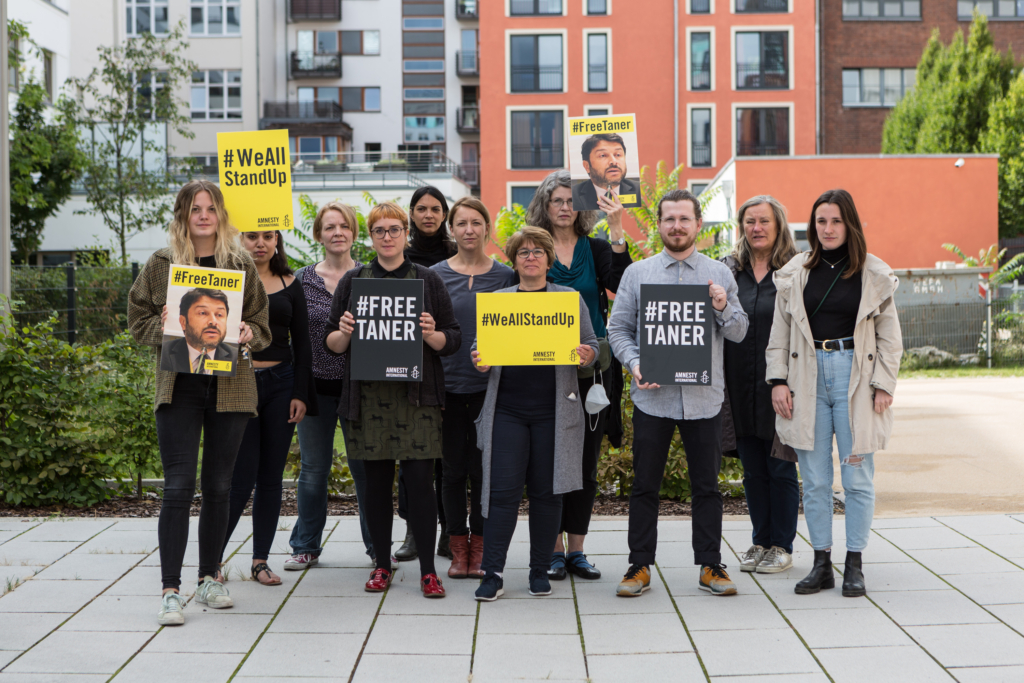
Trial observation played an important role in achieving impact for many human right defenders, including Taner Kılıç, Amnesty Türkiye’s Honorary Chair, and Idil Eser, Amnesty Türkiye’s ex-director, whose baseless and politically motivated convictions were finally quashed in June, following a global campaign from Amnesty.
Türkiye
In May, the European Court of Human Rights ruled that Türkiye had violated the rights to a fair trial and to freedom of association of Amnesty International Türkiye and its then-chair, Taner Kılıç, by imposing an administrative fine on the organisation in 2008.
Refugee and migrants rights
Peru / Venezuela
In a huge win for the rights of Venezuelan migrants in Peru, the Peruvian Congress passed a law cancelling the unjust fines accrued by Venezuelans who had overstayed their visas in the country. This means Venezuelans in need of international protection who wish to remain in Peru can access migratory regularization schemes and enjoy better protection of their rights. Peru is home to the second biggest population of Venezuelans abroad and the highest number of formal asylum seekers from Venezuela.
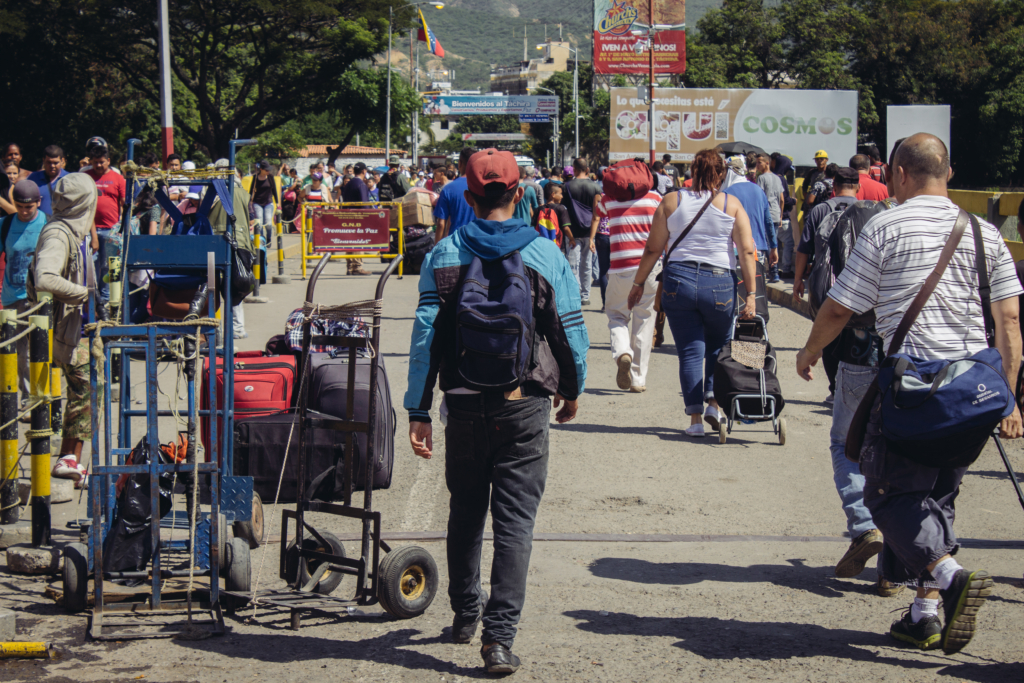
Amnesty International has advocated strongly on their behalf, publishing two reports highlighting the lack of protection for Venezuelans in Peru, particularly survivors of gender-based violence, and issuing an urgent action for the protection of Venezuelan children.
Australia
Following years of campaigning, the Australian government will finally allow 19,000 people who have lived in limbo for as long as 10 years , to become permanent residents and reunite with their families. This will enable them to see their families, study, travel and participate fully in Australian life.
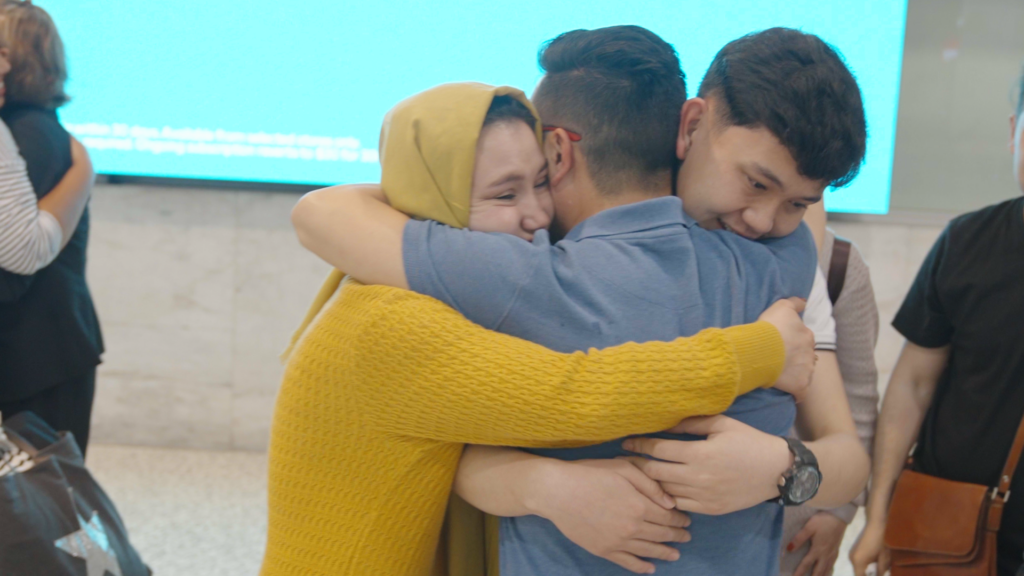
“This reform is long overdue and will change the lives of people who have been living for years on temporary protection,” said Zaki Haidari, Amnesty International Australia’s Refugee Rights Campaigner. “Many people like myself who sought refuge in Australia have been living here for as many as 10 years and have suffered unnecessarily from successive Australian governments’ cruel temporary protection policies. As a human rights organization, Amnesty is relieved to see the happiness this brings.”
Canada
Following pressure from Amnesty International, Quebec, New Brunswick, Ontario, and Saskatchewan joined British Columbia, Nova Scotia, Alberta, and Manitoba on the list of Canadian provinces that have ended their contracts with the federal government to detain migrants in provincial jails.
The decisions taken by these four provinces are encouraging steps towards putting an end to a harmful system. Rather than detaining migrants for administrative reasons, Amnesty is calling for the Canada Border Services Agency to rely on local, rights-respecting, community-based alternatives to detention.
Women’s rights
Switzerland
In a historic victory for human rights, Switzerland’s National Council amended existing legislation to recognize that “sex against the will of another person” is rape.
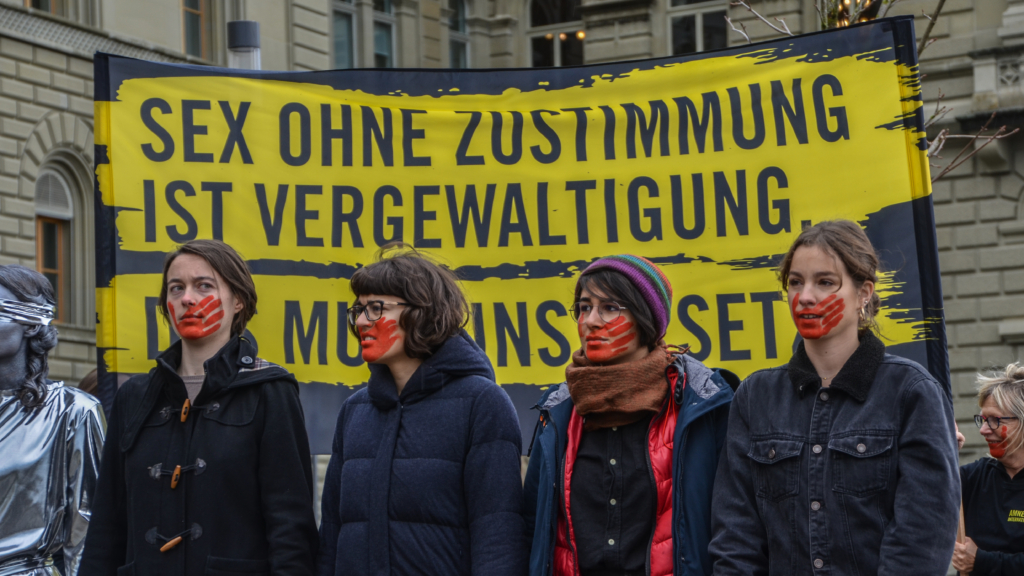
The amendment marks the end to the outdated definition of rape that required the use of physical force, threat or coercion, and considered only women as victims. The law now recognizes that all sex without consent is rape. In close collaboration with activists and gender rights campaigners, Amnesty International worked tirelessly to support this legislative change. It’s a crucial win for all survivors of sexual violence in Switzerland and an important step along the road to combating widespread sexual violence in Switzerland and improving access to justice for survivors.
Iran
Amnesty’s research, campaigning and advocacy work continues to have a positive impact on the lives of women rights activists imprisoned in Iran. In February, Yasaman Aryani and Monireh Arabshahi were released from prison after serving four years of their 16-year sentence. They had been arbitrarily imprisoned in 2019 for speaking out against Iran’s discriminatory forced veiling laws.
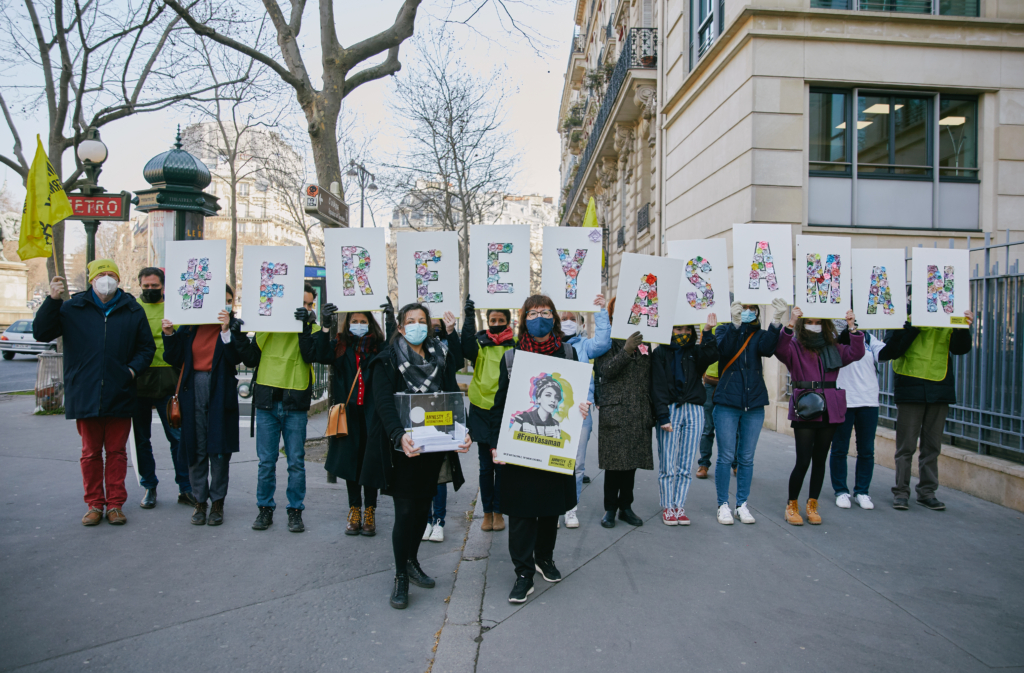
Amnesty International launched an urgent action for Yasaman and Monireh’s immediate release, and her story was also part of Amnesty’s 2019 Write for Rights campaign.
Benin
After giving birth, four women were detained in a hospital ward in Benin because they were unable to pay their hospital fees. Amnesty International wrote to authorities, calling for their immediate release and highlighting the State’s obligation to protect the right to health and freedom of these women. Three days later, the four women were released from the hospital.
Europe
On 1 June, after years of negotiations and advocacy by Amnesty International, other civil society partners and activists, the EU Council approved the EU’s accession to the Council of Europe Convention on preventing and combating violence against women and domestic violence (Istanbul Convention). This represents a historic moment in addressing gender-based violence across the EU.


